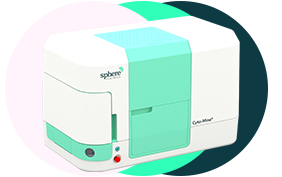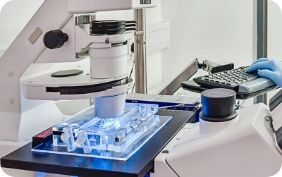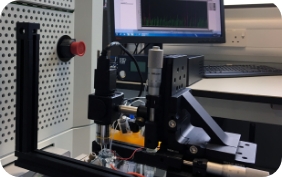Latest Blogs
Join our mailing list for updates & new blog posts
Receive latest updates from Sphere Fluidics about new products, special offers and events
Filter
View upcoming events we will be attending
Don't miss out on the chance to meet us in person at one of the many events we will be attending this year. Check out our list of upcoming events.









